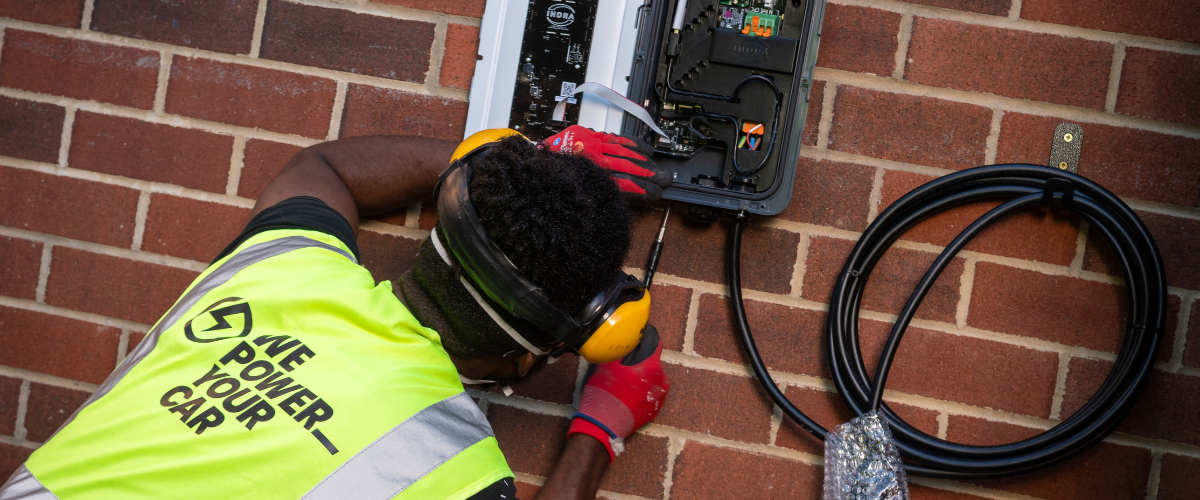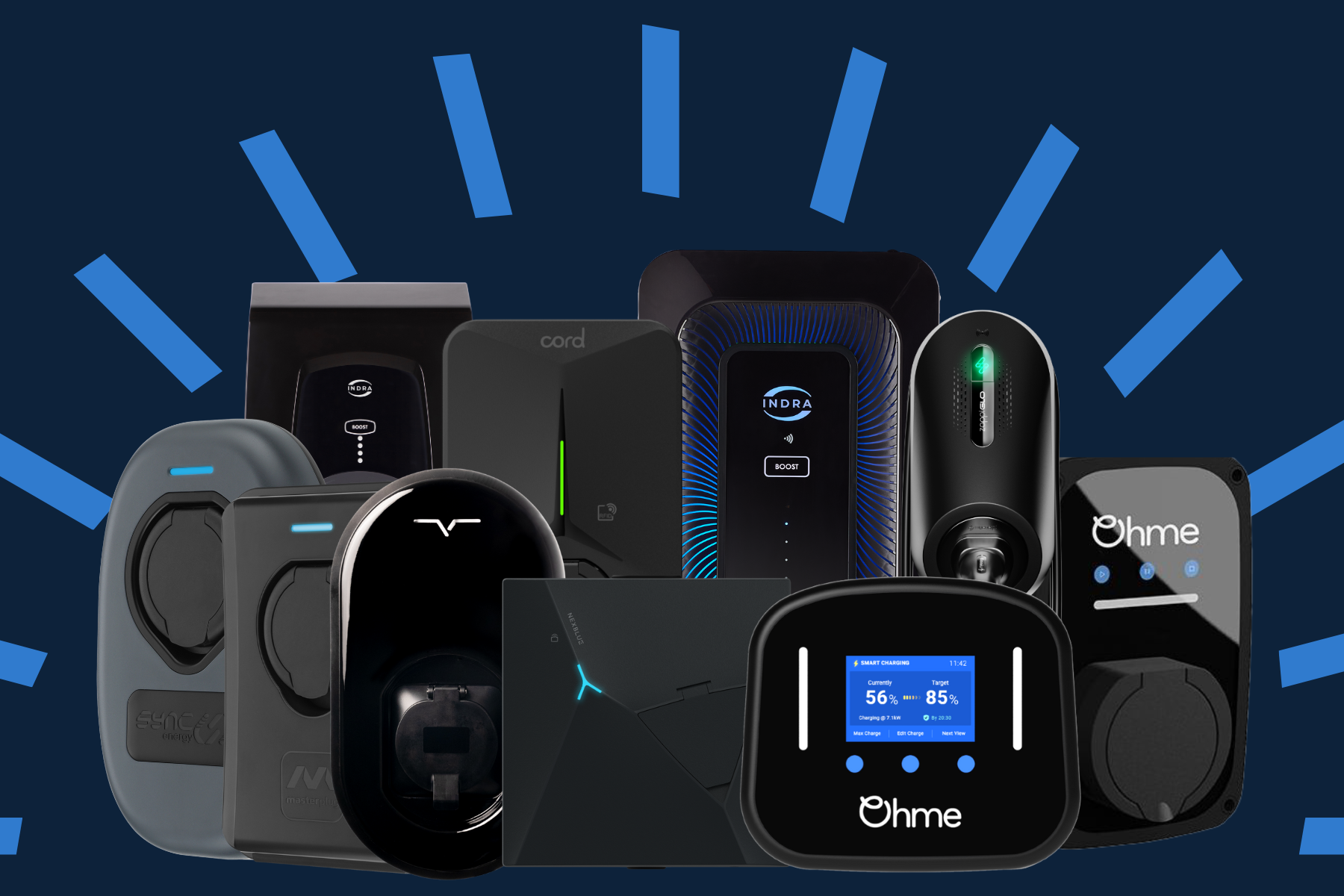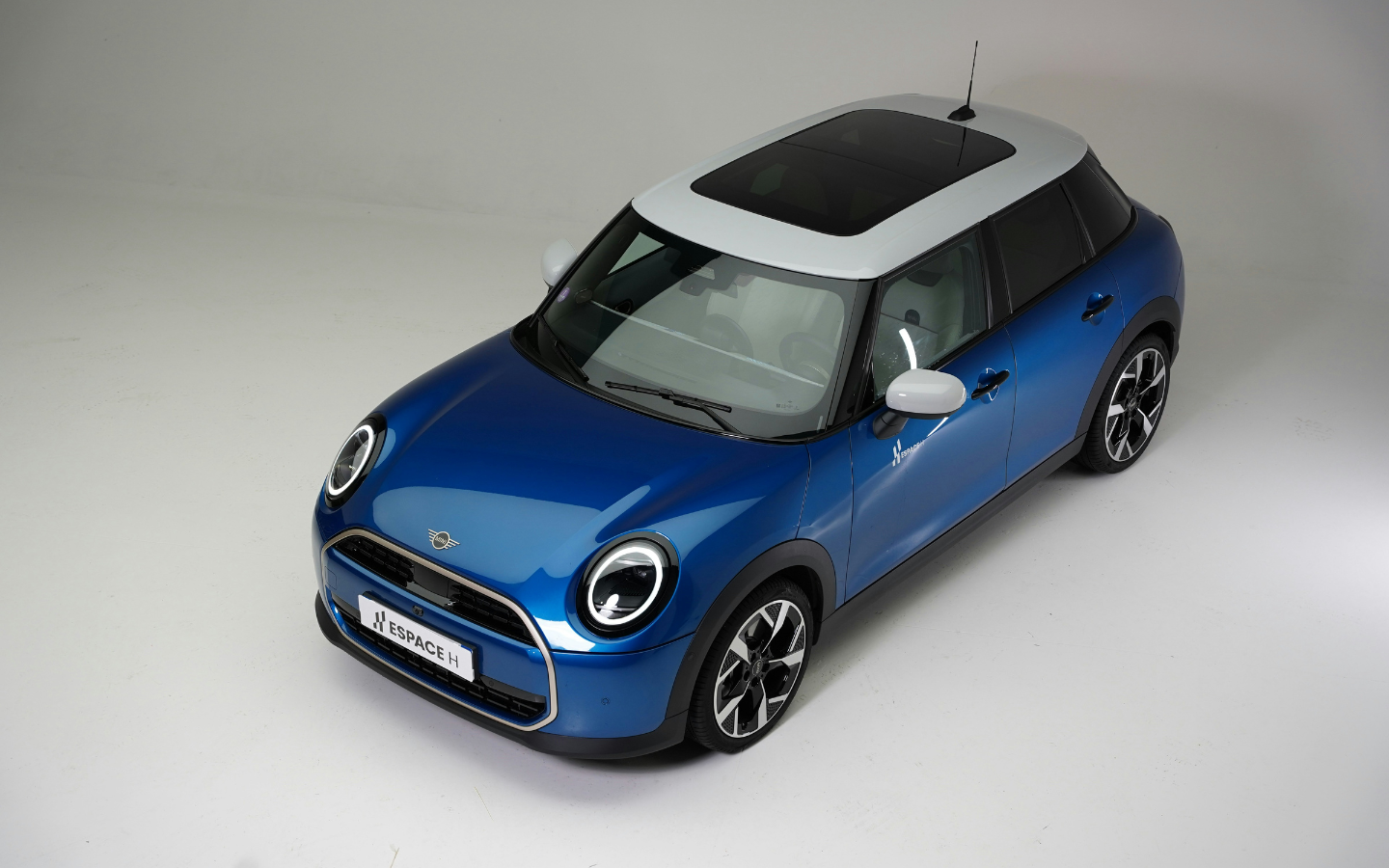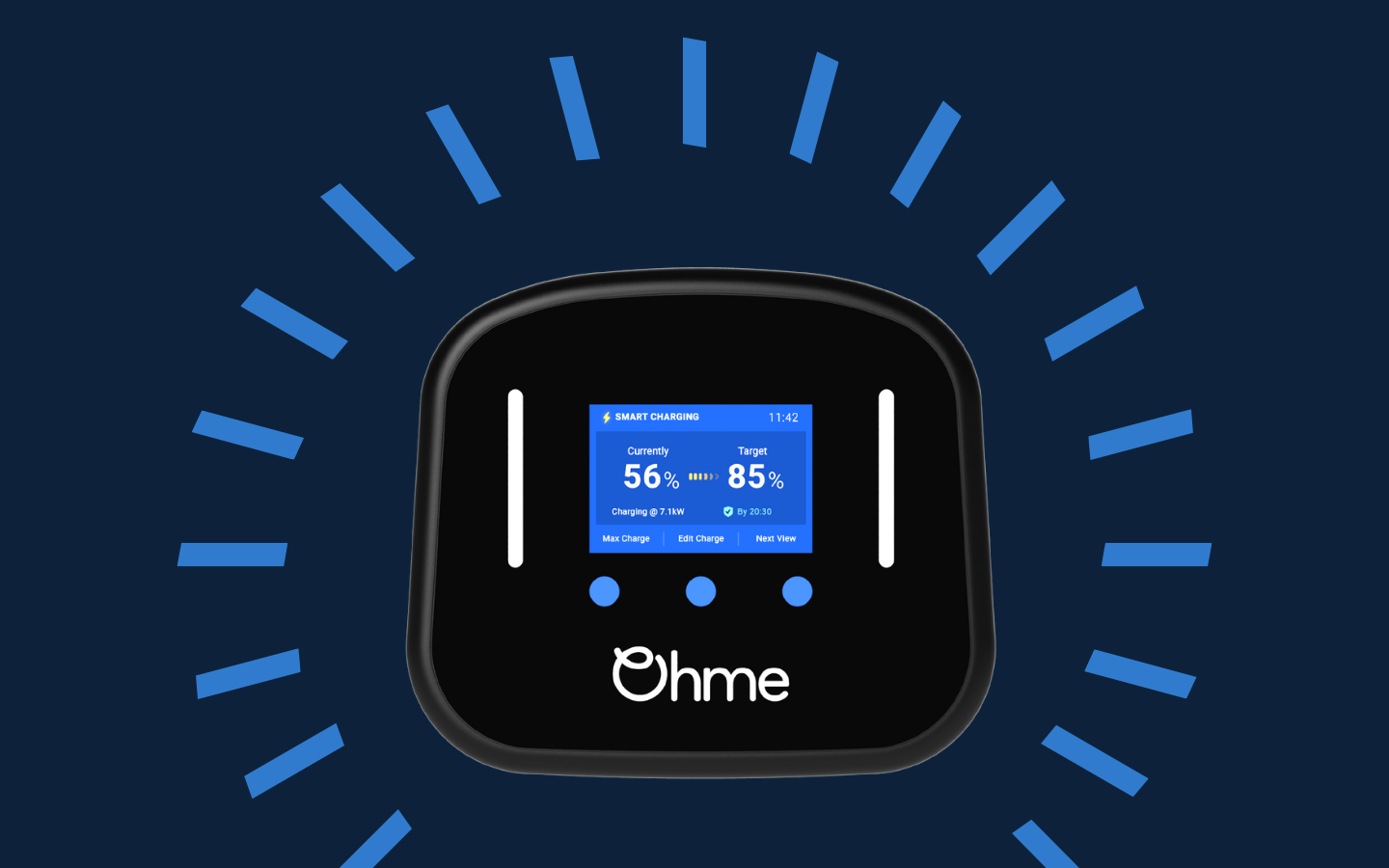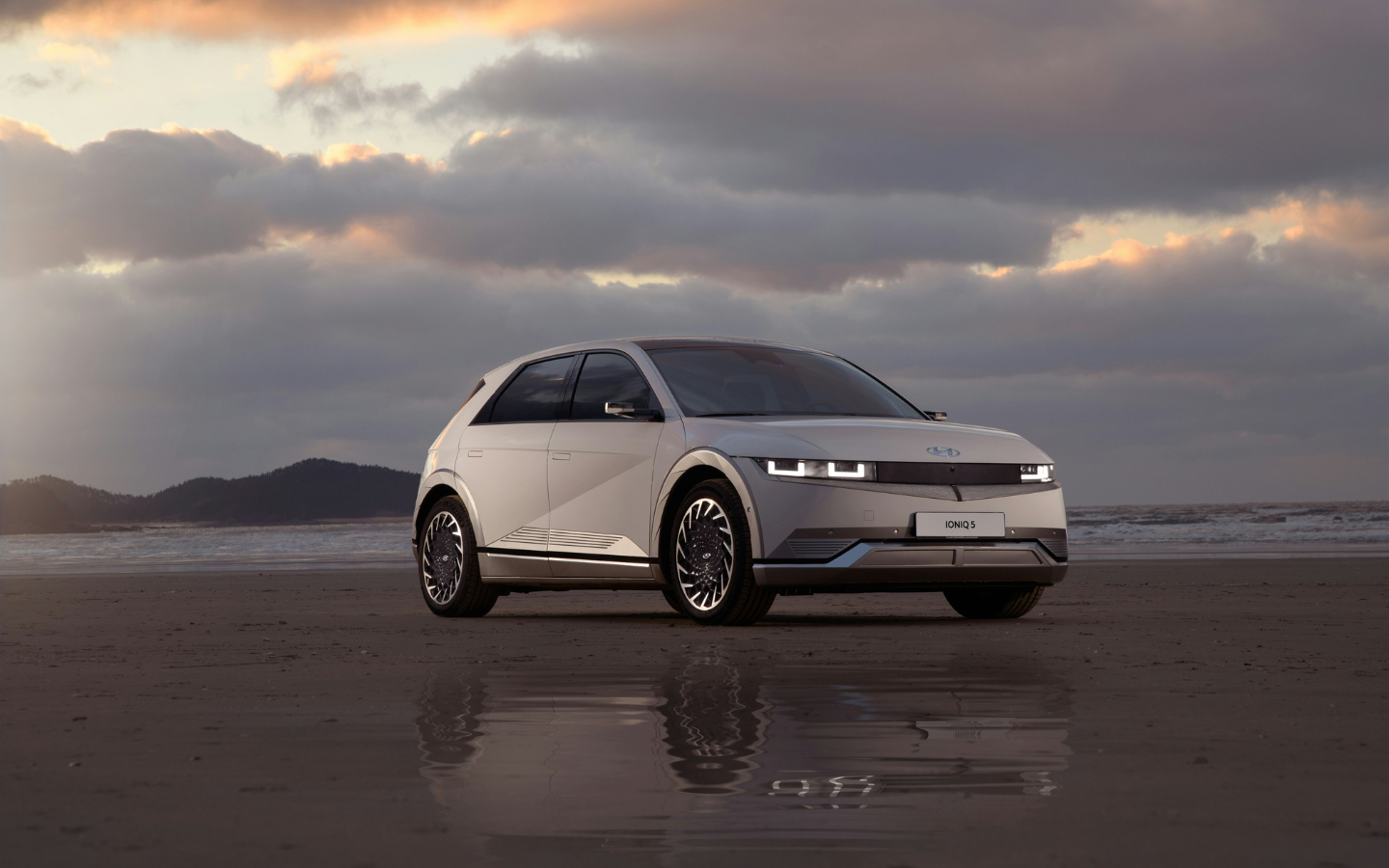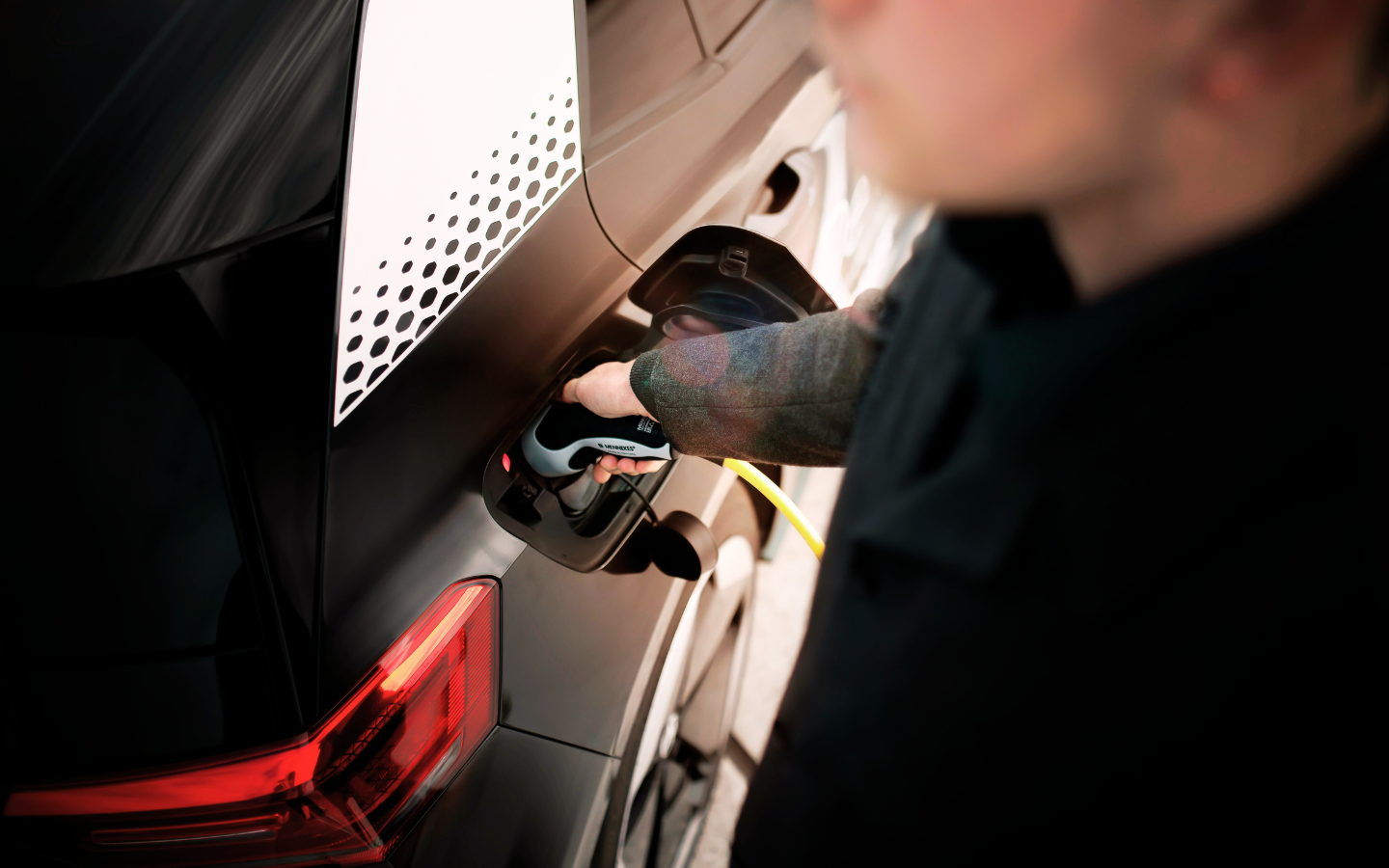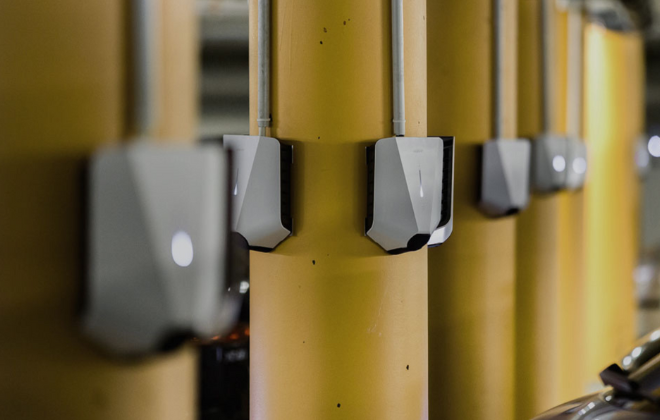

How to look after your EV battery
Although electric car batteries have an average life of 15-20 years, like all batteries, they go through a process of ageing and wear.
But don’t worry. There are several things you can do to help improve the health and longevity of your EV battery, all of which are included in our article: a how-to maintain your electric car battery life guide.
Follow our six simple tips to take care of your electric car battery and maximise EV battery life.
Quick summary:
The six quick and easy ways to look after your EV battery are:
- Minimise rapid and ultra-rapid EV charging
- Keep your charge between 20-80%
- Only fully charge your EV for long-distance trips
- Reduce exposure to extreme temperatures
- Avoid charging your EV when the battery is hot
- Take your EV for short drives
1) Minimise rapid and ultra-rapid EV charging
Rapid and ultra-rapid public EV chargers are the perfect solution for when your battery is about to die, and you need to charge as soon as possible. With high charging rates of 50kW and above, you can top up your electric car in as little as 20-45 minutes.
Typically, these rapid electric car chargers are located in public, at supermarkets and hotels, whereas ultra-rapid EV charging points capable of charging at rates of 150kW are found at motorway service stations.
But while rapid charging sessions may seem tempting on a day-to-day basis due to the shortened charging time, you should not rely on these rapid EV charging points to religiously top up or fully charge your electric car.
High direct current (DC) charging rates – classified as rates above 22kW – put significant strain on your battery, resulting in your EV battery degrading more quickly over time and, in turn, decreasing your EV range.
Instead, charge your electric car at rapid public charging points before long journeys and in emergencies only. Otherwise, you could be doing more damage to your electric car battery.
On a daily basis, it’s recommended by industry experts that EV owners should charge using a 3.6kW, 7kW, 11kW or 22kW home electric car charger, as they put much less strain on your battery by utilising AC (alternating current) from the grid – not to mention significant cost benefits and improved convenience if you invest in a home EV charger.
2) Keep your EV charge between 20-80%
If you frequently let your EV battery charge fall below 20%, the battery’s performance over time will drop, increasing range anxiety. In the same sense, lithium batteries degrade faster when at 100% charge.
So, do not charge your EV to 100% every night – or at all, if you can help it. Keeping your charge between 20-80% puts the least amount of strain on your EV battery – so it’s best practice to charge your EV to 80% if you want to reduce range anxiety, or hold it in the 20-80% sweet spot.
Most modern electric vehicles can help maintain this 20-80% balance as they offer control to set a maximum charging limit. For example, the Tesla Model Y allows you to set a charging limit via the EV’s internal touchscreen, so your EV will automatically stop charging when it hits 80% – both for home chargers and public charging points. By taking advantage of this feature, you restrict any unnecessary strain on your electric car battery.
An easy way to improve your charging habits and preserve your battery life is to invest in a smart home EV charger. With advanced smart features, you can minimise your reliance on DC rapid chargers and make it easier to ensure your charge is between the advised 20-80% zone.
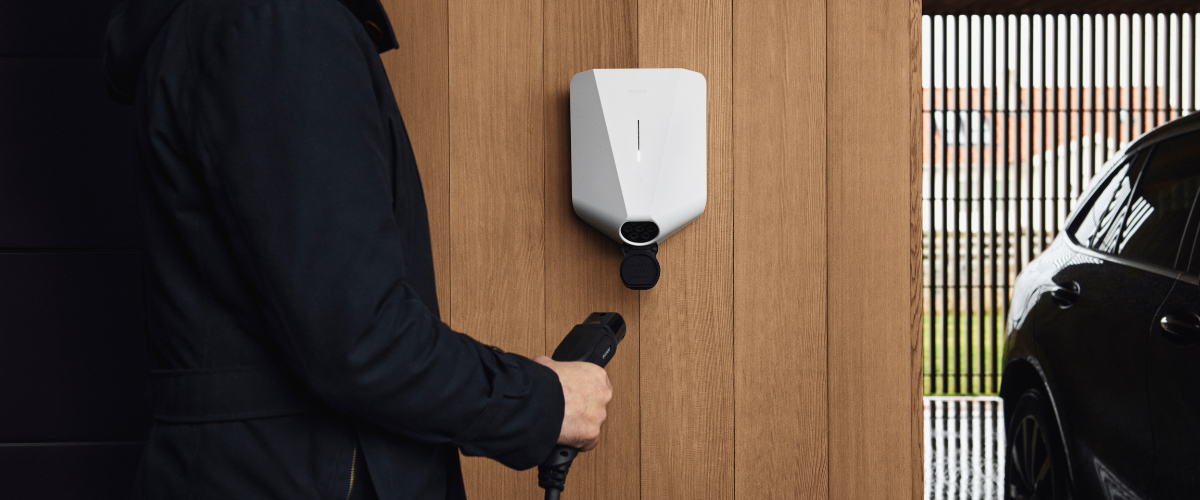
3) Only fully charge your EV for long-distance trips
As touched upon before, avoid fully charging your EV to 100%, as this can damage your electric vehicle’s battery – especially if done frequently.
EV battery charging best practices include only fully charging before long journeys. Consistently charging to 100% will damage the battery, and it’s unlikely (unless you travel long distances for work) that you will need to charge your EV every day, let alone to 100%.
As such, only charge your EV battery to 100% when you really need to, such as when you need the full range of your electric vehicle for road trips and long journeys.
4) Reduce exposure to extreme temperatures
Like most vehicles, your electric car will be most comfortable when parked in the shade rather than in direct sunlight for extended periods of time. Parking in the shade keeps the battery cooler and prevents it from overheating, maintaining longevity and battery performance.
In the same sense, extremely cold weather and hot weather can negatively impact your EV’s battery by decreasing efficiency and reducing range. To caveat this drop in performance, park your electric car in a garage or enclosed parking space – if possible.
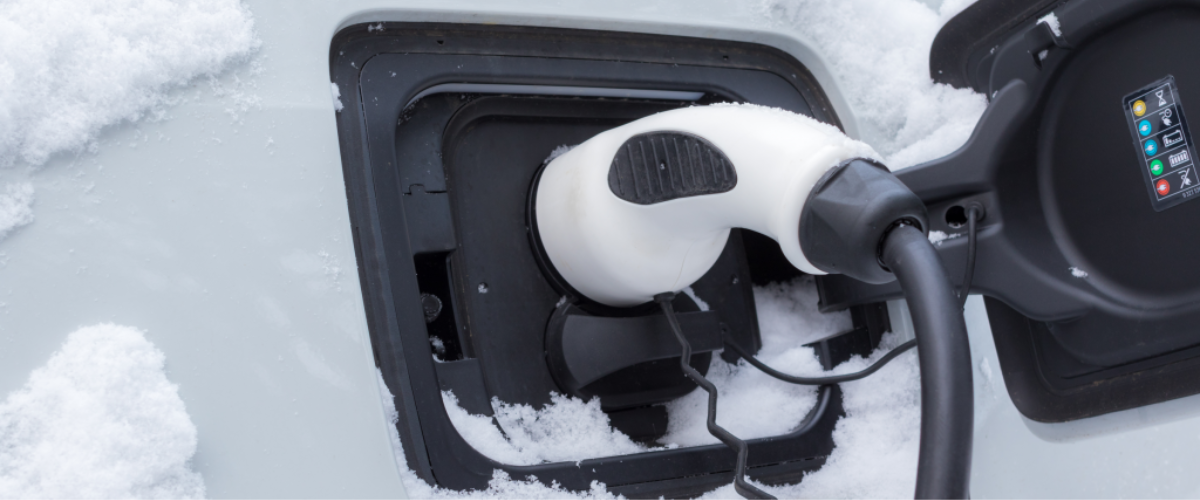
5) Avoid charging your EV when the battery is hot
Let your electric car cool down before you start charging it. For example, if you have just finished a long drive on the motorway, it would not be advised to start charging your EV as soon as you arrive home.
Ideally, you should try to charge your electric vehicle at the coolest time of day or night to take care of your EV battery. With a smart electric car charger, you can pre-set your EV to charge when the temperature is at its lowest with the charge scheduling feature. Given that the temperature is usually at its coolest overnight, you’ll charge for cheaper, too.
6) Take your EV for short drives
Just like with petrol and diesel cars, you should make sure your vehicle doesn’t sit in the driveway or stay parked in the same place for too long. Taking your electric vehicle out for small drives helps to look after the EV’s battery and overall health.
If you are driving every day, you don’t need to worry about this tip too much, as your EV will likely get out and about enough. On the other hand, if you can’t remember the last time you drove your electric car, it might be time to take it out for a quick spin to ensure your battery stays in top condition.

Summary:
- Although these tips can help improve the longevity of your EV battery, don’t be too concerned about your battery degrading over time. Most manufacturers guarantee their batteries for up to 8 years or 100,000 miles. Therefore, if something, unfortunately, did happen to your battery, you are likely to be covered by your warranty.
- To take care of your EV battery, you should follow our six best practice tips: 1. minimise rapid charging 2. keep your charge between 20-80% 3. only fully charge for long-distance trips 4. reduce exposure to extreme temperatures 5. avoid charging your EV when the weather is hot or when the battery is hot 6. Take your EV for short drives.
Are you looking to get a smart home EV charger installed? We Power Your Car can sort it for you.
If you are looking to get an EV charger installed at your home, browse our wide range of the UK’s smartest EV chargers, click below to get your free EV charger and installation quote, or contact us for more information or any queries you may have.
Alternatively, explore our comprehensive guide to EV charger installation.
For more information and our latest updates, follow us on Facebook, Instagram, Twitter, LinkedIn and YouTube.
